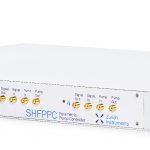Quantum News Briefs August 5: AQT at Lawrence Berkeley National Laboratory with Super.tech optimized SWAP networks quantum computing demonstration, Quantinuum closes in on breakeven point in Quantum error correction, UofAZ leads international Partnership to boost development of internet of the future
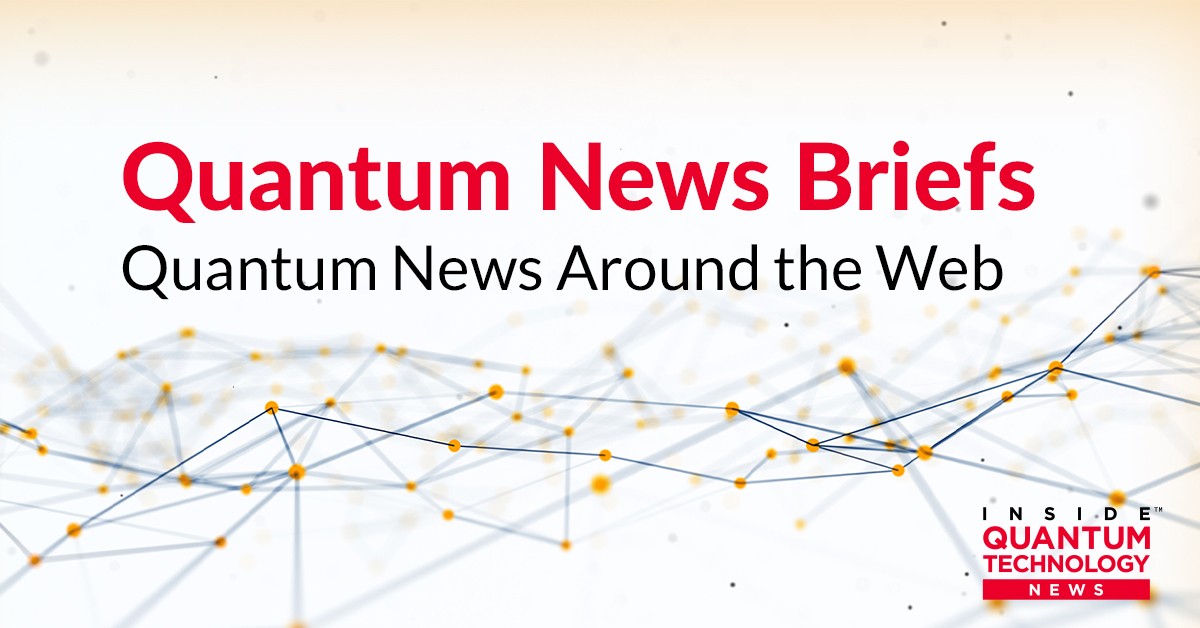
Quantum News Briefs opens today with news that AQT at Lawrence Berkeley National Laboratory with Super.tech has optimized SWAP networks quantum computing demonstration followed by Quantinuum’s announcement it has closed in on breakeven point in Quantum error correction. The international partnership led by the University’s Center for Quantum Networks along with research partners in the Republic of Ireland and Northern Ireland to boost development of the quantum internet of the future. AND MORE.
Advanced Quantum Testbed (AQT) at Lawrence Berkeley National Laboratory with Super.tech Optimized SWAP Networks Quantum Computing Demonstration
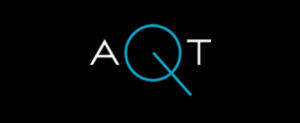 A research partnership at the Advanced Quantum Testbed (AQT) at Lawrence Berkeley National Laboratory (Berkeley Lab) and Chicago-based Super.tech (acquired by ColdQuanta in May 2022) demonstrated how to optimize the execution of the ZZ SWAP network protocol, important to quantum computing. The team also introduced a new technique for quantum error mitigation that will improve the network protocol’s implementation in quantum processors. The experimental data was published this July in Physical Review Research, adding more pathways in the near term to implement quantum algorithms using gate-based quantum computing.
A research partnership at the Advanced Quantum Testbed (AQT) at Lawrence Berkeley National Laboratory (Berkeley Lab) and Chicago-based Super.tech (acquired by ColdQuanta in May 2022) demonstrated how to optimize the execution of the ZZ SWAP network protocol, important to quantum computing. The team also introduced a new technique for quantum error mitigation that will improve the network protocol’s implementation in quantum processors. The experimental data was published this July in Physical Review Research, adding more pathways in the near term to implement quantum algorithms using gate-based quantum computing.
The research partnership used Super.tech’s SuperstaQ software enabling scientists to finely tailor their applications and automate the compilations of circuits for AQT’s superconducting hardware, particularly for a native high-fidelity controlled-S gate, which is not available on most hardware systems. This smart compiling approach with four transmon qubits allows the SWAP networks to be decomposed more efficiently than standard decomposition methods.
AQT operates a state-of-the-art open experimental testbed based on superconducting circuits and is funded by the United States Department of Energy Office of Science Advanced Scientific Computing Research (ASCR) program. Technologies developed elsewhere can be deployed and field-tested at AQT, providing deep access to the full quantum computing stack at no additional cost.
Since the inauguration of its user program in 2020, AQT provided Super.tech, one of several industry users, with low-level access to the hardware to test their ideas. Few cloud-based quantum platforms offer this type of full access to the entire quantum computing stack and real-time feedback from the hardware experts at no cost. Super.tech collaborated with AQT’s expert experimental team to learn ways to improve performance on this type of hardware.
*****
Quantinuum Closes in on Breakeven Point in Quantum Error Correction
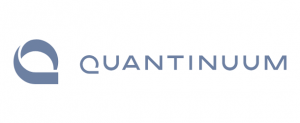
Quantinuum researchers have hit a significant milestone by entangling logical qubits in a fault-tolerant circuit using real-time quantum error correction. The research, published in a new scientific paper that was released on August 3rd, is the first experimental comparison study of different quantum error correction codes in similar environments and presents a collection of several different experiments. These experiments include:
-
- The first demonstration of entangling gates between two logical qubits done in a fully fault-tolerant manner using real-time error correction
- The first demonstration of a logical entangling circuit that has higher fidelity than the corresponding physical circuit.
This milestone achievement is important because it marks the first time that logical qubits have been shown to outperform physical qubits — a critical step towards fault-tolerant quantum computers. Click here to read complete announcement.
*****
UArizona Leads International Partnership to Boost Development of the Internet of the Future
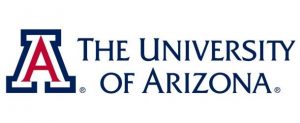 The University of Arizona Center for Quantum Networks is leading a new international research and development partnership that will investigate technologies that will form the foundations of a quantum internet. IQT summarizes, read complete announcement on University of Arizona.
The University of Arizona Center for Quantum Networks is leading a new international research and development partnership that will investigate technologies that will form the foundations of a quantum internet. IQT summarizes, read complete announcement on University of Arizona.
The partnership, with research centers in the Republic of Ireland and Northern Ireland, was made possible by a combined investment of $3 million from the National Science Foundation, Science Foundation Ireland and the Northern Ireland Department for the Economy.
The partnership brings together four large research centers: the Center for Quantum Networks; Science Foundation Ireland’s Research Centre for Future Networks and Communications; the Irish Photonic Integration Centre, a center of excellence for research and training in photonics; and Quantum Technology at Queen’s University in Northern Ireland. The project provides funding for at least 10 research positions.
Dubbed CoQREATE, which stands for Convergent Quantum Research Alliance in Telecommunications, the transatlantic partnership will focus on developing technology that will provide connectivity between quantum computers over short and long distances.
*****
£6 million to spur the UK’s quantum leap
 Seventeen new projects have been awarded funding by UK Research and Innovation (UKRI) in support of its existing Quantum Technologies for Fundamental Physics (QTFP) programme. The programme receives joint funding from the Science and Technology Facilities Council (STFC) and the Engineering and Physical Sciences Research Council (EPSRC). Quantum News Briefs summarizes; see complete details on UofBirmingham site.
Seventeen new projects have been awarded funding by UK Research and Innovation (UKRI) in support of its existing Quantum Technologies for Fundamental Physics (QTFP) programme. The programme receives joint funding from the Science and Technology Facilities Council (STFC) and the Engineering and Physical Sciences Research Council (EPSRC). Quantum News Briefs summarizes; see complete details on UofBirmingham site.
The grants encourage high-risk discovery and aim to demonstrate how quantum tech can solve long-standing questions in fundamental physics, from the exploration of antimatter gravity to dark matter detection.
The University of Birmingham is to receive a share of £6 million in funding to tackle fundamental research questions with quantum technology. The University of Birmingham will spend its money on developing an atomic clock that can be used in the detection of dark matter.
Professor Grahame Blair, STFC Executive Director, Programmes, said: “This new cohort of projects should make a valuable contribution to our understanding of the universe using cutting-edge quantum tech such as quantum computing, imaging, sensing and simulations.
“The new grants continue to support the UK research community in exploring the diversity of quantum technology applications for fundamental science – from neutrino mass studies to searches for violations of fundamental symmetries of nature.”
*****
Neural Networks and ‘Ghost’ Electrons Accurately Reconstruct Behavior of Quantum Systems
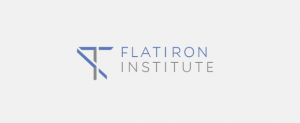
Quantum physicists at the Flatiron Institute’s Center for Computational Quantum Physics (CCQ) in New York City and the École Polytechnique Fédérale de Lausanne (EPFL) in Switzerland have created a way to simulate entanglement by adding to their computations extra “ghost” electrons that interact with the system’s actual electrons.
The behavior of the added electrons is controlled by an artificial intelligence technique called a neural network. The network makes tweaks until it finds an accurate solution that can be projected back into the real world, thereby re-creating the effects of entanglement without the accompanying computational hurdles.
“You can treat the electrons as if they don’t talk to each other, as if they’re noninteracting,” says study lead author Javier Robledo Moreno, a graduate student at the CCQ and New York University. “The extra particles we’re adding are mediating the interactions between the actual ones that live in the actual physical system we’re trying to describe.”
In the new paper, the physicists demonstrate that their approach matches or outclasses competing methods in simple quantum systems. Click here to read complete announcement.
*****
Sandra K. Helsel, Ph.D. has been researching and reporting on frontier technologies since 1990. She has her Ph.D. from the University of Arizona.




















